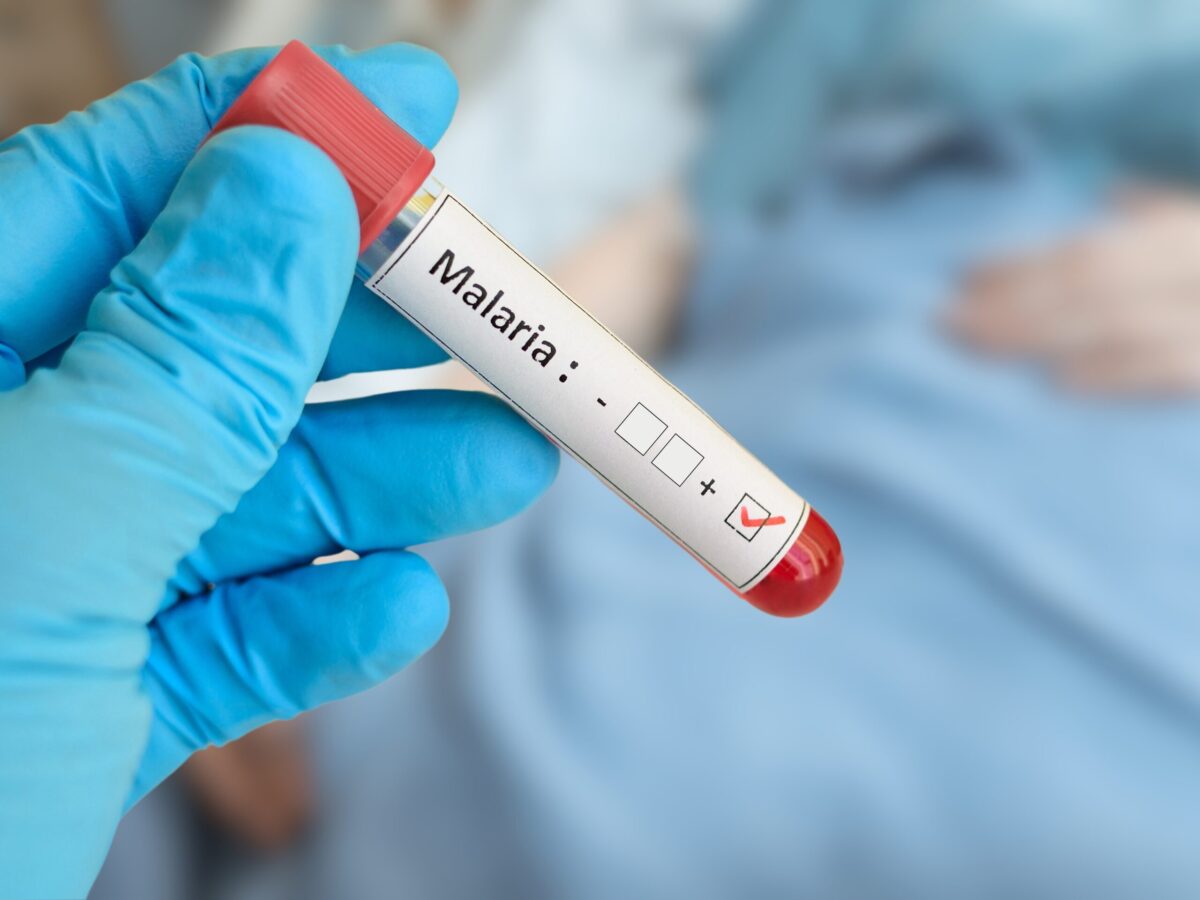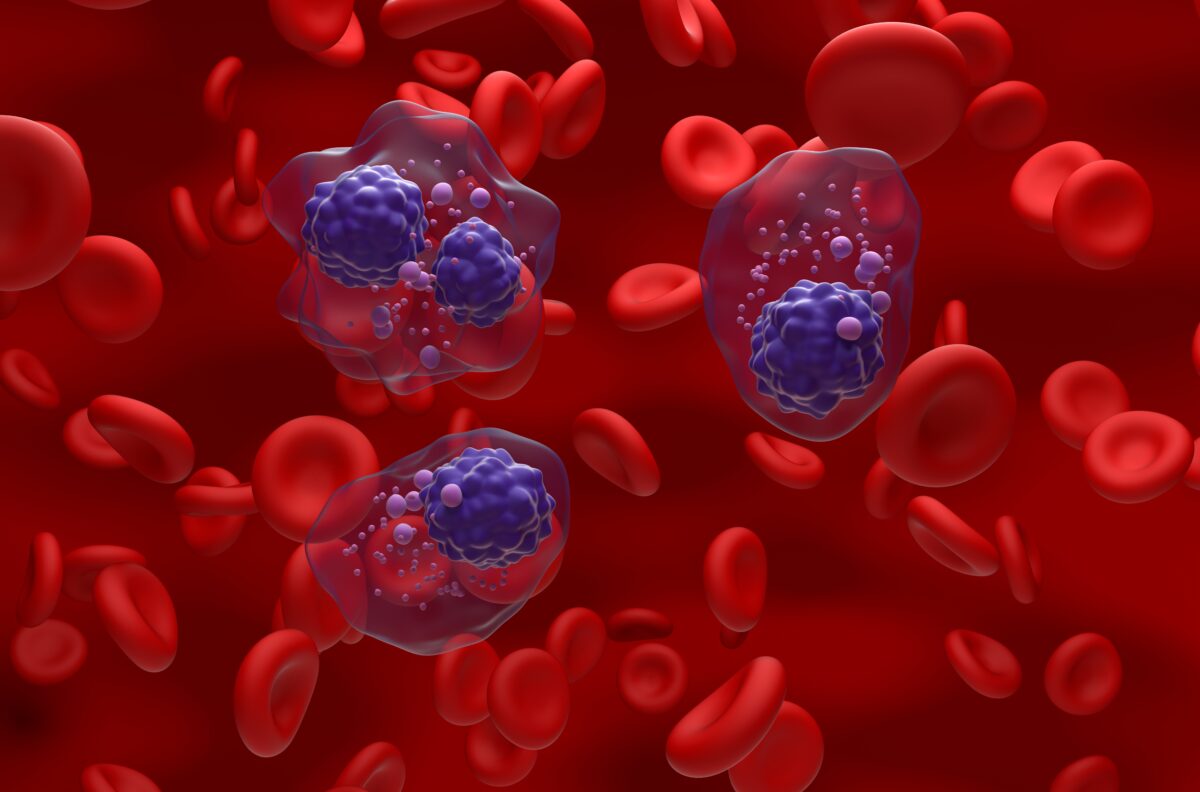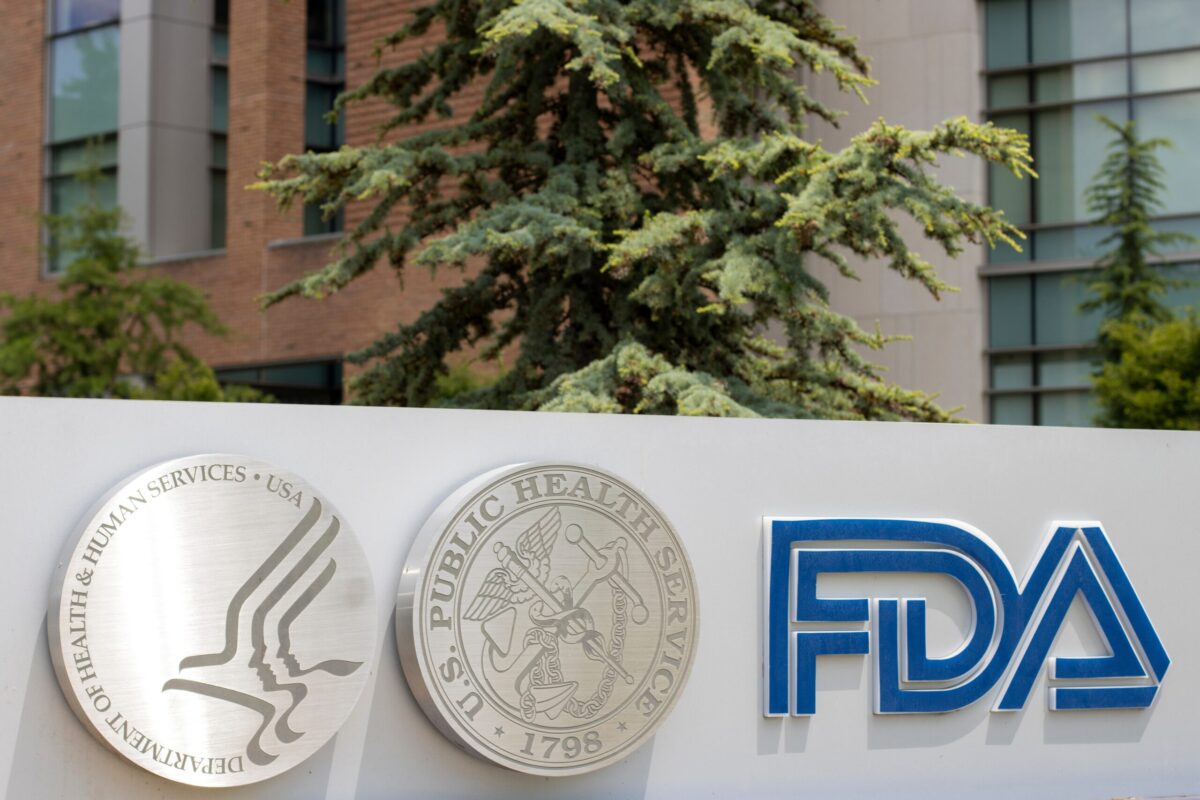May is Skin Cancer Awareness Month, a crucial period focused on increasing awareness about skin cancer, the most common form of cancer in the US. According to the Skin Cancer Foundation, the theme of Skin Cancer Awareness Month 2024 is “Skin Cancer Is Serious.”
During this year’s Skin Cancer Awareness Month, healthcare organizations can leverage their platforms to educate patients about the risks of UV exposure, the importance of regular skin checks and the benefits of early intervention.
For healthcare and life sciences industries, Skin Cancer Awareness Month helps highlight the importance of preventive measures and early detection. Companies specializing in dermatology and skincare have developed a range of products aimed at protecting the skin from harmful UV rays. These include broad-spectrum sunscreens, protective clothing and innovative skincare products developed using antioxidants and other protective agents.
Furthermore, diagnostic technologies have helped considerably improve the early detection of skin cancer. In fact, tools such as dermatoscopes, digital imaging systems and artificial intelligence (AI)-powered diagnostic tools have become integral to dermatological practice. For instance, AI-based algorithms can analyze skin lesions with high accuracy and help dermatologists identify malignancies at an early stage.
Related: Clinical Studies Support DermaSensor’s Skin Cancer Detection Device
Facts and Statistics Related to Skin Cancer in the US
Skin cancer remains a significant health concern in the US, with basal cell carcinoma (BCC) and squamous cell carcinoma (SCC) being among the most commonly diagnosed types. According to the American Cancer Society, approximately 5.4 million cases of BCC and SCC are diagnosed annually, affecting about 3.3 million people across the country, as some individuals may have more than one type.
The financial impact of treating these conditions is substantial, with overall costs for skin cancer treatments exceeding $8 billion each year. Notably, the cost of treating melanoma, the deadliest type of skin cancer, accounts for over $3.3 billion annually.
In 2023, there were about 97,610 new cases of melanoma, and tragically, more than 7,000 Americans likely died from this disease within the same year. However, the prognosis for melanoma can be significantly improved with early detection. The five-year survival rate for melanoma is approximately 98 percent when detected early, but this rate drops sharply to around 23 percent for advanced stage IV melanoma.
Preventive measures play a crucial role in reducing the risk of skin cancer. Regular use of sunscreen with an SPF of 15 or higher can reduce the risk of developing melanoma by 50 percent and SCC by 40 percent.
Additionally, age and gender are important factors in the incidence and mortality rates of melanoma. Before the age of 50, women are more likely to develop melanoma than men. However, after the age of 50, the incidence rates increase for men and surpass those for women. Overall, men experience higher rates of mortality from melanoma compared to women.
These statistics underscore the ongoing need for education, preventive measures and advanced treatment options to combat the threat of skin cancer effectively.
XTALKS WEBINAR: Enhancing Efficiency in Early-Phase Oncology Trials: Strategies for Accelerating Data Flow
Live and On-Demand: June 24, 2024, at 11am EDT (4pm BST/UK)
Register for this webinar today to gain insights into how you can navigate and overcome data flow challenges in early-phase oncology clinical trials.
Innovations in Skin Cancer Treatment: Precision Medicine and Immunotherapy
Treatment options for skin cancer have considerably evolved with a growing emphasis on precision medicine and immunotherapy. Targeted therapies and immunotherapies are offering new hope for patients suffering from advanced or metastatic skin cancers.
Precision medicine allows more effective and personalized treatment plans, which minimizes side effects and improves patient outcomes. Advances in genomic sequencing and molecular diagnostics are helping healthcare providers to identify specific mutations and biomarkers associated with skin cancer.
Treatments such as immunotherapy and targeted therapy improved survival rates for patients with advanced melanoma. Drugs such as pembrolizumab (Merck’s Keytruda) and nivolumab (Bristol Myers Squibb’s Opdivo) have revolutionized the treatment options for skin cancer. Ongoing research on molecular diagnostics and AI-powered diagnostic tools has helped enhance the early detection and treatment of skin cancer, promising improved patient outcomes.
Innovative Approaches to Skin Cancer Treatment: An Interview with Medicus Pharma’s Dr. Raza Bokhari
To gain deeper insights into the innovations in skin cancer treatment, particularly for BCC, Xtalks had the privilege of interviewing Dr. Raza Bokhari, MD, Executive Chairman and CEO of Medicus Pharma.

Executive Chairman & CEO
Medicus Pharma
Medicus Pharma Ltd. is a biotech and life sciences company dedicated to advancing the clinical development of innovative and groundbreaking therapeutic assets.
Dr. Bokhari has a Doctor of Medicine degree from the University of Punjab, Rawalpindi Medical College, and an Executive MBA from Temple University, Fox School of Business & Management.
What are the unmet medical needs in the treatment of basal cell carcinoma of the skin?
Dr. Bokhari: Basal cell carcinoma (BCC) is the most common cancer on the planet; in the US alone there are more than 5 million new cases every year. BCC is currently treated through surgical intervention at an annual cost of $15 billion. Surgical treatment, while effective, is painful, expensive and not very aesthetically pleasing. There is an unmet medical need to bring to the market a non-invasive, cost effective and aesthetically acceptable treatment, which is also relatively painless and easily accessible in an outpatient setting.
How is Medicus Pharma innovating in this space?
Dr. Bokhari: Medicus Pharma, through its subsidiary SkinJect, addresses these needs with its innovative transdermal drug delivery system (TDDS). The doxorubicin-loaded dissolvable microneedle array (D-MNA) offers a non-invasive, painless alternative to surgery. The D-MNA delivers the drug directly to the tumor site, enhancing effectiveness while ensuring there are no systemic side effects. Additionally, D-MNA treatment is easy for both the doctor and patient, with three 30-minute sessions over two weeks done in a convenient outpatient setting.
SkinJect successfully completed a Phase I safety study in March 2021 and is currently conducting a Phase II study to further evaluate the safety and efficacy of D-MNA.
The Phase I trial, an open-label, dose-escalation study, assessed the safety and tolerability of the D-MNA in 13 patients with nodular and superficial BCC. The results showed that the D-MNA treatment was safe and well-tolerated in all subjects. Moreover, the study also demonstrated clinical efficacy; a complete response (CR) through histological examination was observed in six out of the 13 treated subjects, all of whom presented with the nodular subtype.
Building on these positive efficacy signals, the ongoing Phase II study aims to enroll 60 subjects with nodular BCC, which represents 70 percent to 80 percent of the total BCC market.
SkinJect’s D-MNA is the most advanced in clinical stage research for BCC. According to 360iResearch’s Global Forecast 2024-2030, Medicus Pharma Ltd. Is ranked #7 as a leading player in BCC space, ahead of Leo Pharma A/S (#8), Amgen Inc. (#10), AbbVie Inc. (#11) and Teva Pharmaceu6cal Industries Ltd. (#12).
How do you see the treatment landscape for BCC evolving in the next five to ten years?
Dr. Bokhari: The holy grail in improving treatment outcomes in skin diseases and substantial reduction in healthcare cost revolves around developing TDDS. TDDS are advantageous due to their high bioavailability, low systemic toxicity and improved patient compliance. There are different types of transdermal delivery systems currently under development with dissolvable microneedle arrays to deliver large molecules emerging as a front runner.
Skin Cancer Awareness Month 2024 is a time to reflect on the strides made in treating and preventing skin cancer and an opportunity to look forward to the innovations that continue to evolve. As collective efforts enhance, the integration of education, technology and innovative treatments will be paramount in the ongoing fight against skin cancer. The contributions of leaders like Dr. Bokhari and companies like Medicus Pharma are instrumental in driving these advancements forward, offering hope and improved care for millions affected by this disease.












Join or login to leave a comment
JOIN LOGIN